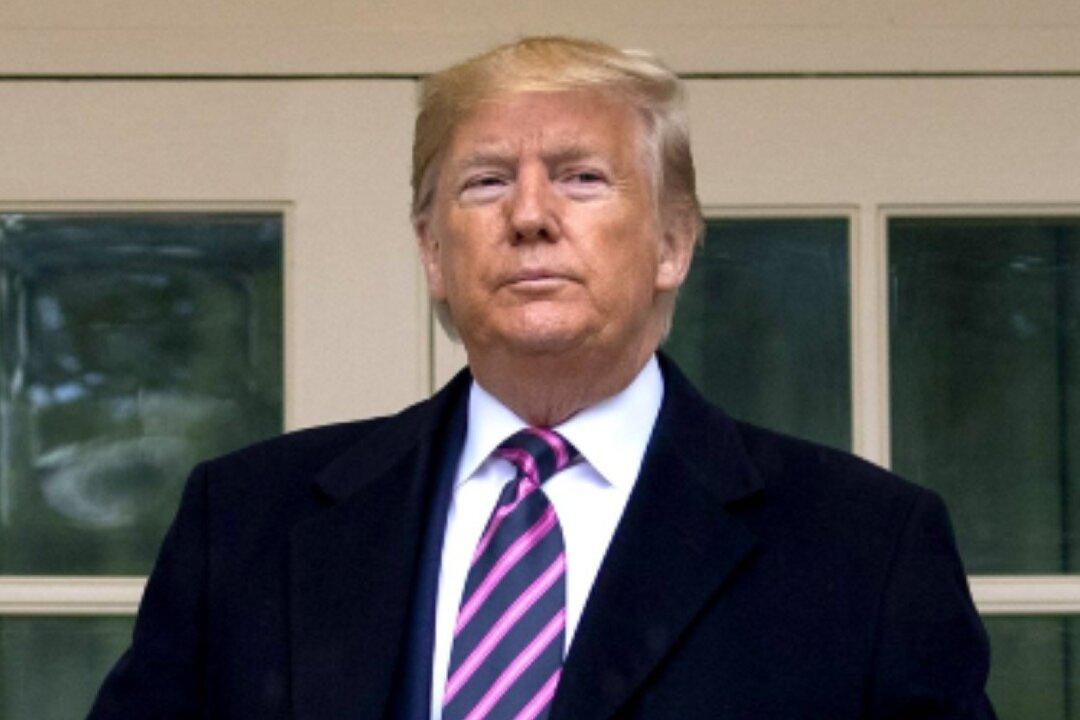President Donald Trump signed a “bipartisan bill” on Dec. 20 to preserve native languages and extend two federal Native American language programs to longer grant periods.
The S.256 bill, called the Esther Martinez Native American Languages Programs Reauthorization Act, is named after Esther Martinez, a traditional storyteller and Tewa language advocate who died in 2006.





